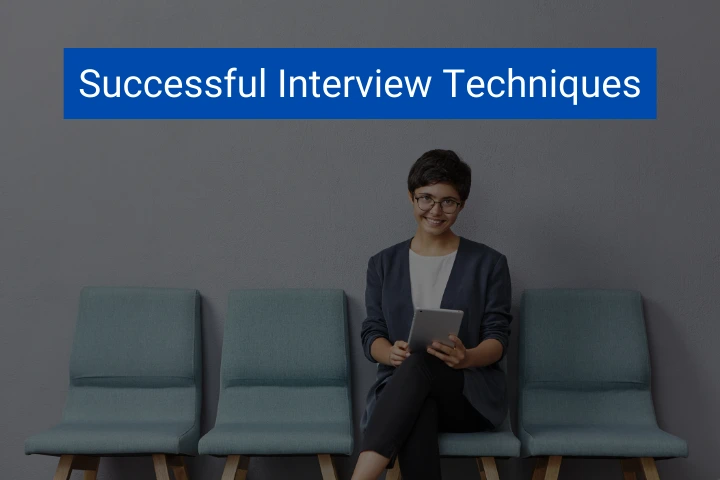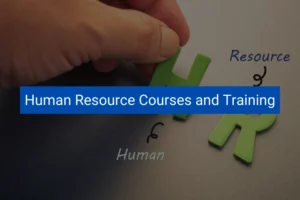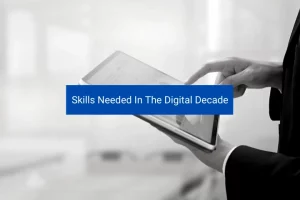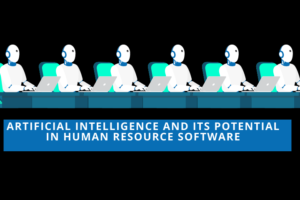Interviewing applicants is a task that is frequently done incorrectly. Many managers feel unprepared and unequipped, and as a result, they frequently project a bad image of the organization they work for. Remember that an interview is a two-way conversation. It's no good discovering the ideal candidate only to have them be underwhelmed by the way the 'client side' of the interview was handled.

It is critical for organizations to provide adequate training and direction to employees who will be conducting interviews. This will hone the essential probing abilities while also putting the person at ease in advance of the work. A short training session or, at the absolute least, shadowing a seasoned interviewer on a few occasions is recommended.
As obvious as it may seem, the only way to find a successful candidate is for all decision-makers to be completely aware of the abilities and attributes required. A mismatch between what different people are searching for in a candidate could be devastating. The interviewer will be able to design relevant questions and interview structure by highlighting key skills, attitudes, experiences, and aspirations. Candidates will normally be required to take a test for technical positions, and for marketing positions, a personality profile may be required. To properly extract the essential information or acquire an overall sense of the candidate's appropriateness, they may need to be interviewed by a number of persons.
For both sides, first impressions are crucial. In interviews, a common mistake is for the candidate's ego to get in the way. This, however, can equally be said of the interviewer. Remember that the firm in issue has a reputation to uphold, and we all want candidates to leave the premises feeling inspired and motivated to work for/with us. As a result, keep in mind that the interview begins the moment the applicant enters the building.
The greatest way to analyze a candidate's personality and fundamental competencies is to conduct an in-person interview. Use the chance to ask pertinent questions about the role's needs. The interviewer should be on the lookout for proof of the candidate's abilities and expertise at all times. The majority of people believe they are capable in their current position. However, whether they are qualified for the position you are offering is critical, and you must be able to decide for yourself rather than rely on the candidate's thoughts. It is critical to ask open-ended questions in order to encourage a more descriptive response.
The interviewer wants to learn all he or she needs to decide whether or not the candidate is qualified for the job. As a result, the candidate must be comfortable during the interview and be given the opportunity to respond at their own pace. Obviously, some situations will be more stressful than others, such as the hiring of an SEO Manager, but adopting a "closed" demeanor will not help you get the answers you need. The interviewer must be conscious of their own posture and demeanor and how it may affect the interview negatively.
Allowing time at the end of the interview for any queries the candidate may have is critical. It's also vital to promote the organization by providing some background information, an explanation of the function, career options, and so on. This may seem apparent, but it is frequently overlooked, leaving the prospect feeling underwhelmed and disinterested in the company. If this is the right individual for the job, you may have blown your chances of them accepting your offer.
To successfully complete the interview, it is critical that the candidate understands the recruitment process and what will happen next; for example, there may be an interview deadline that must be met before a choice is made. Finally, the applicant must be left in a positive frame of mind with a clear idea of when they will hear back and the interviewer must know whether this individual 'fits' the job description.
Recruiting a new employee is frequently mission-critical, particularly for small organizations, and the interview process must reflect this. When done incorrectly, it is a waste of time and money, especially when you consider that the most essential people of the firm are frequently sidelined while the interviews are conducted. If the very best applicants in the market are to be highlighted and attracted, it is critical to invest time and money in a successful recruitment/interview process.
For Human Resource, Payroll and many more HR Services, visit our website https://lingueeglobal.com/



